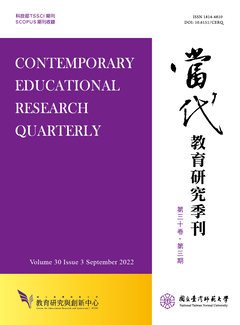

In 1996, the Education Priority Area Project (EPAP) was launched with the goal to improve the academic performance of students in disadvantaged areas in Taiwan. However, it is believed that EPAP can make additional improvements in several key areas: prioritizing objectives, determining the policy coverage rate, administrative coordination, and evaluation. Beginning in 1981, France established the Priority Education Zones program (Zones d’Education Prioritaires, ZEP), an initiative with objectives similar to Taiwan’s EPAP program. Since its implementation the ZEP program has undergone four major waves of development. The purpose of this study was to analyze the policies of the ZEP program, and examine the changes in concept, strategy, and evaluation of the ZEP program over time. Four principles of the French program may shed light on the implementation of programs for children in disadvantaged areas in Taiwan. Firstly, acknowledging that schools cannot compensate for society, the ZEP program employed a global approach to get schools, public services, communities, and families involved in efforts to improve student achievement. In other words, the policy framework was system-wide in its construction. Secondly, the struggles faced by teaching professionals in ZEP programs were recognized. In an effort to help teachers meet these challenges, the French government established a system across all levels of government to promote broad administrative supportive of the ZEP policy initiatives. Since the late 1990s, the French Ministry of Education has also fostered teacher empowerment and encouraged participation in professional development programs. Thirdly, educational resources were concentrated on the most needed areas and student learning was highlighted as a priority objective to enhance policy impact and efficiency. Lastly, official periodical reports and empirical research evidence served as evaluation tools and provided suggestions for ways to improve ZEP programs.

This work is licensed under a Creative Commons Attribution-NonCommercial 3.0 Taiwan License.
Center for Educational Research and Innovation, National Tawain Normal University
162, Ho-Ping East Rd, Sec. 1, Taipei, Taiwan | Tel:+886-2-7749-3670 | E-mail: cerecerq@gmail.com
CERI | NTNU | E-mail Alerts | Open Journal System
© 2014 CERI-NTNU
